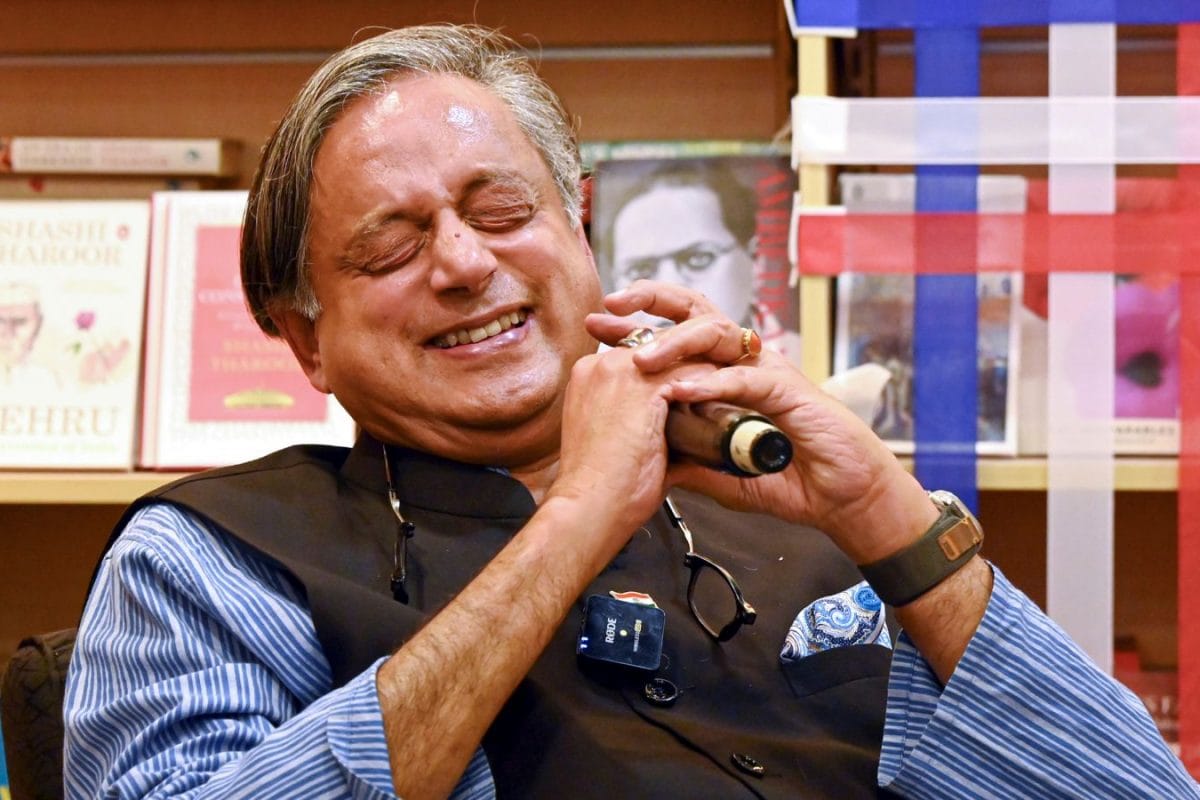

India's political landscape has undergone a noticeable shift in recent decades, moving away from its longstanding centrist traditions towards a more pronounced Hindu nationalism, influencing the ideological and political attitudes of its people.
The Erosion of Centrism
Since India's independence in 1947, centrism has been a fundamental aspect of its political system. The country's diverse society, culture, and politics have generally necessitated a centrist approach to governance. Accommodation, welfare programs, and emancipation have been key pillars of this centrist policy framework, playing a significant role in major electoral victories. However, the rise of the Bharatiya Janata Party (BJP) has led to a gradual erosion of centrism in India. The BJP, with its roots in Hindu nationalism, has presented a sustained challenge to the centrist policies of the Indian National Congress (INC), which had dominated Indian politics for decades. The increasing influence of Hindutva, an ideology seeking to align the nation with Hindu religious principles, has further reshaped the political discourse.
The Rise of Hindu Nationalism
The BJP's success in the 2014 and 2019 Lok Sabha elections has been a catalyst for changes in India's socio-political landscape. The party's ascent, particularly with Narendra Modi as Prime Minister, has brought an alternative nationalism to the forefront, one based on the premise that Indian culture is synonymous with Hindu culture. This departure from India's secular tradition has sparked debates about the country's political future and its commitment to "unity in diversity". The BJP and the Rashtriya Swayamsevak Sangh (RSS), a Hindu nationalist organization, play a crucial role in promoting a Hindu-centric approach in social and political life, contrasting with India's existing pluralistic culture.
Shashi Tharoor and the Changing Dynamics
Amidst these shifts, Congress MP Shashi Tharoor has found himself at the center of attention. Tharoor, known for his intellectualism and centrist leanings, has faced scrutiny and criticism from within his own party for his perceived closeness to the BJP. His praise of Prime Minister Modi's global outreach, especially after Operation Sindoor, led to speculation about a potential shift in his political allegiance. However, Tharoor has firmly rejected these speculations, asserting that his remarks are a statement of national unity and standing up for India, rather than a sign of him joining the BJP. Union Minister Suresh Gopi has commented on Tharoor's evolving stance, suggesting it reflects a better understanding of public sentiment.
Implications and Challenges
The move from centrism to a more muscular nationalism has significant implications for India's political culture. The emphasis on Hindu identity and cultural nationalism has led to the marginalization of minority groups, particularly Muslims, raising concerns about India's secular principles. The rise of Hindu nationalism has also reshaped Indian identity, closely intertwining it with Hindu culture and heritage. While India has made economic advances under Modi's government, this has been accompanied by a more polarized social and political atmosphere. The interplay between centrist traditions and populist approaches continues to make the Indian case both intriguing and challenging. The changes reflect a transformation in the values, beliefs, and attitudes within Indian society, influenced by the BJP and RSS's promotion of a Hindu nation.